“No One Gathers Talent Information Like Psynet Group”
Founding Partner, Multi-Strategy Fund
Our Next Generation Psychometric and Executive Protocol enables us to provide talent data for every level of the organization and inform hiring, succession planning, development, and team building.
Approximately 80% of profitable organizations use assessments to inform their talent decisions, assessments that were developed in the 90s or earlier and on platforms created in the early 2000s. We gathered our first hour of data in 2006 and our 14,000th in 2023. We get better every year.
When assessing portfolio managers, managing directors, or C-Level executives, others use external assessors who ask misguided questions that often fail to predict job performance or culture fit. Our assessors know that candidates judge an opportunity by the interview experience.
We are Different
Other firms focus on strengths and see weaknesses as strengths overused
We know the difference between a bully and someone who is overly assertive, between narcissism and overconfidence, or between a highly detailed person and one who manages anxiety through perfectionism.
Other executive assessors ask inappropriate interview questions on topics ranging from bedwetting to eating habits.
We apply psychology to develop a deep understanding of a person without interrogating or embarrassing them.
Other psychometrics rarely consider the candidate or user experience when taking the assessment.
We built an engaging yet simple interface that gathers the same amount of data in 40% less time. Click here to take it for a test drive and learn a little about your leadership style.

We have opinions, opinions informed by data and experience. Check out our blog page to learn more.
Still curious?
The rest of this page introduces Psybil®, the next generation of psychometrics. Click on the list below or scroll down.
- What does Psybil® measure and predict?
- How is the data presented?
- What differentiates Psybil® from other tools?
- Who else is using the assessment?
- Top Ten List on why our clients trust us.
- What additional value and insights are provided by our proprietary
Psybil® Measures
➤ Culture Type
➤ Cognitive Skills
➤ Mental Models
➤ Behavioral Styles
➤ Drives and Motivations
➤ Character Defects and Derailers
➤ Team Leadership Collaboration Skills
Psybil® Predicts
➤ Social and Emotional Intelligence
➤ Critical and Strategic Thinking
➤ Leadership Abilities and Style
➤ Risk Management
➤ Problem Solving
➤ Toxic Behavior
➤ Culture Fit
Culture Fit and Leadership Burst
These graphs quickly identify the preferred organizational culture or leadership style.
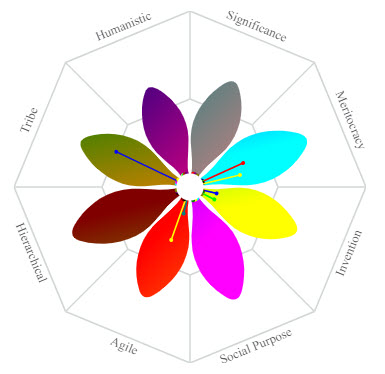
Contrast Success Factors
Violin graphs allow the reader to compare
contrasting factors and the ability to shift
between the two.
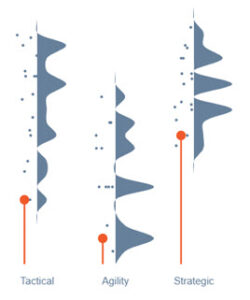
Success Factor Optimal Score
Optimal scores compare users to an aggregate of the ideal range of scores.
These ranges are often configured for the organization.
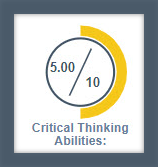
Scorecards
Similar to Optimal Scores, scorecards show factors, descriptions of the user, ideal ranges, user scores, and an indicator showing fit.
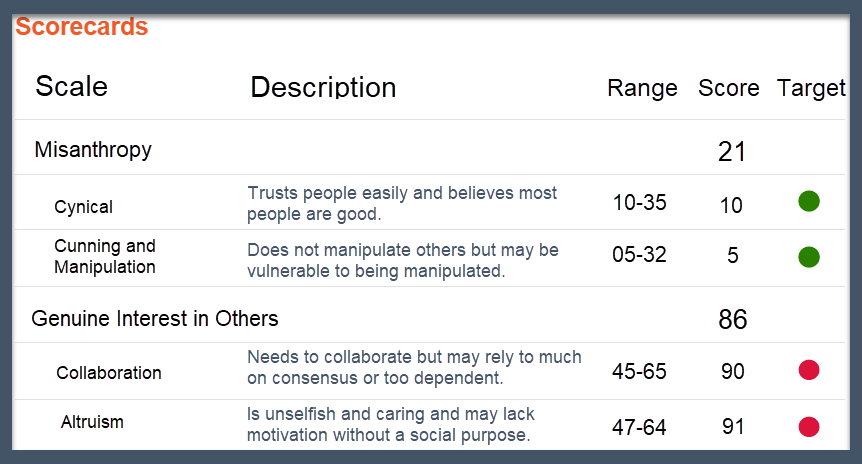
Individual Charts
Individual charts reveal type or style. Cohort data is displayed as a heat map when available.
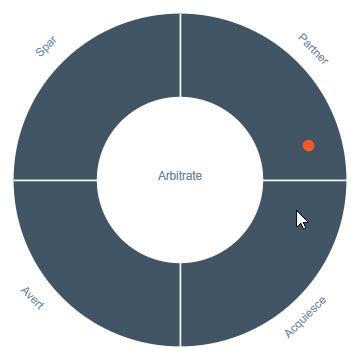
Lollipop Charts
Lollipop charts provide specific user scores on all factors the Individual Chart reflects.
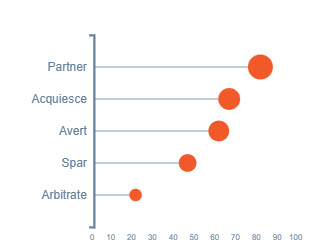
Team Charts
Team Charts allow for quick analysis of team dynamics.
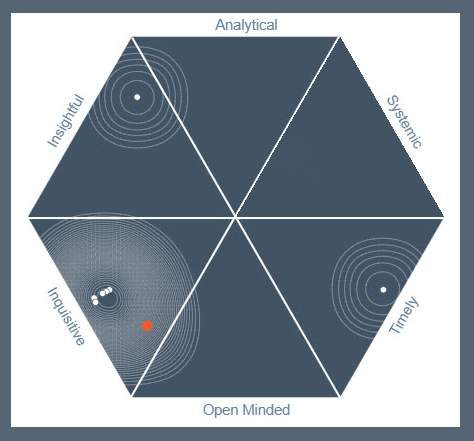

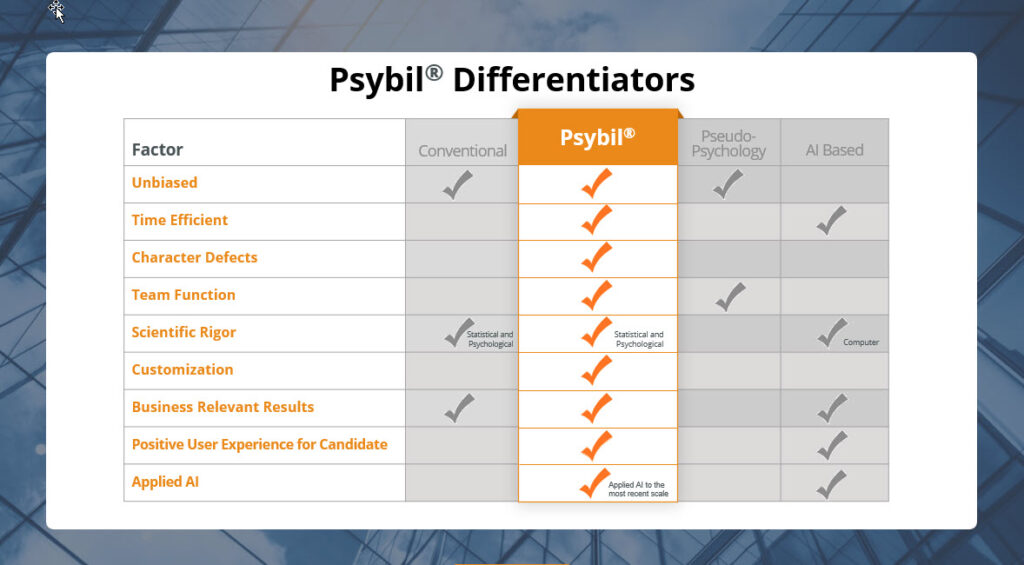
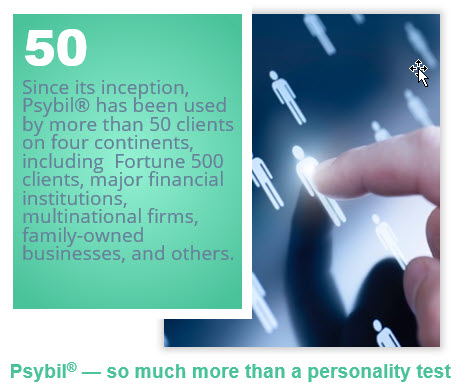

Top 10 Reasons for Using Psybil®
10. I like the name Psybil, reminds me of the movie.
9. Culture Fit is important to my CEO.
8. If Fortune 500 companies use it, it must be good.
7. If I make another bad hire, I’ll be the next to go.
6. Caring about candidates’ experiences reflects well
on our firm.
5. I can’t afford to spend two weeks analyzing
resumes and LinkedIn profiles.
4. I love seeing candidates in the context of our
team. We have results from everyone from our
CEO to our interns.
3. Psybil makes the complex simple.
2. We hired a sociopath that cost us $6M in 18
months. Psybil is the only tool that measures
bullying.
1. I spend more time with my coworkers than my
family, it is important to hire people I can trust.
Executive Interview
By combining the results of our proprietary interview methodology with Psybil results, we reduce the likelihood of a bad hire or poor talent decision to almost zero.
Four of our clients compared the cost of the assessments with the expense of a bad hire to determine the cut point of when to include an executive interview with Psybil results. They recommend using the full executive assessment for all candidates for hire or promotion who would earn ~$300K or more in annual compensation.
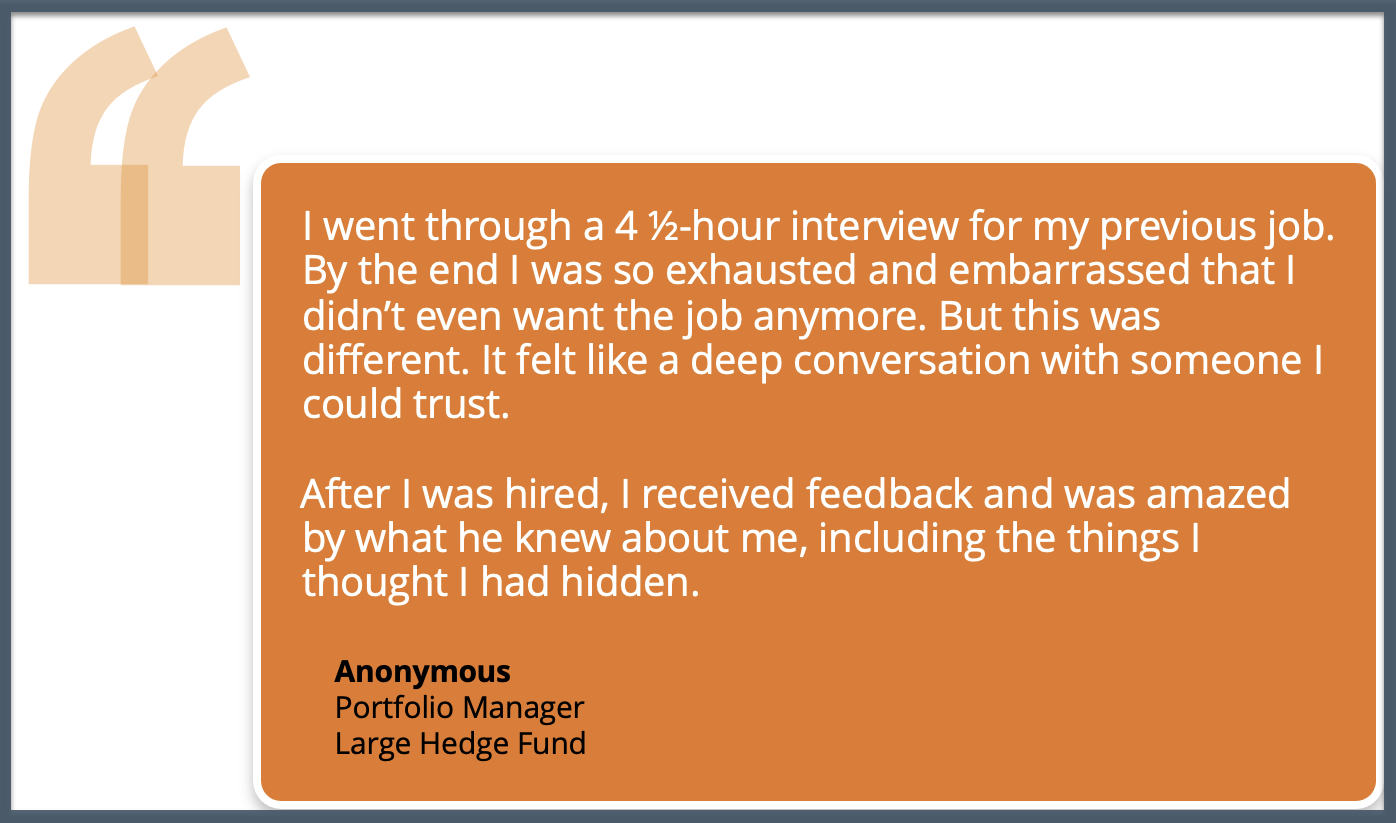
What is a Psynet Group Executive Interview
Psynet Group interviews are delivered by Ph.D.-trained psychologists with experience in business and organizations. The interview incorporates four types of questions.
Career Review: Our interviewers uncover nuances within a candidate’s history. The primary focus is understanding how each stage facilitated their growth.
Behavioral: These questions review historical examples that indicate the successful application of key skills. Our interviewers are adept at determining the veracity of a candidate’s story as it relates to these skills.
Situational: We provide short case studies to assess how a candidate would solve the dilemmas. This approach allows us to understand thinking abilities, problem-solving approaches, and the values applied to decision-making.
Projective: The most unique and powerful technique our interviewers use is questions about the candidate’s relationships. These relationships serve as an anchor for understanding the candidate at a much deeper level.
Although the nature of any interview is stressful, Psynet Group consultants never intentionally ask questions that would humiliate candidates or create unnecessary stress. Our interviews are two and a half hours long combined with 90-120 minutes online, which is tiresome for many but does not create the psychological distress of a four to five-hour interview.
